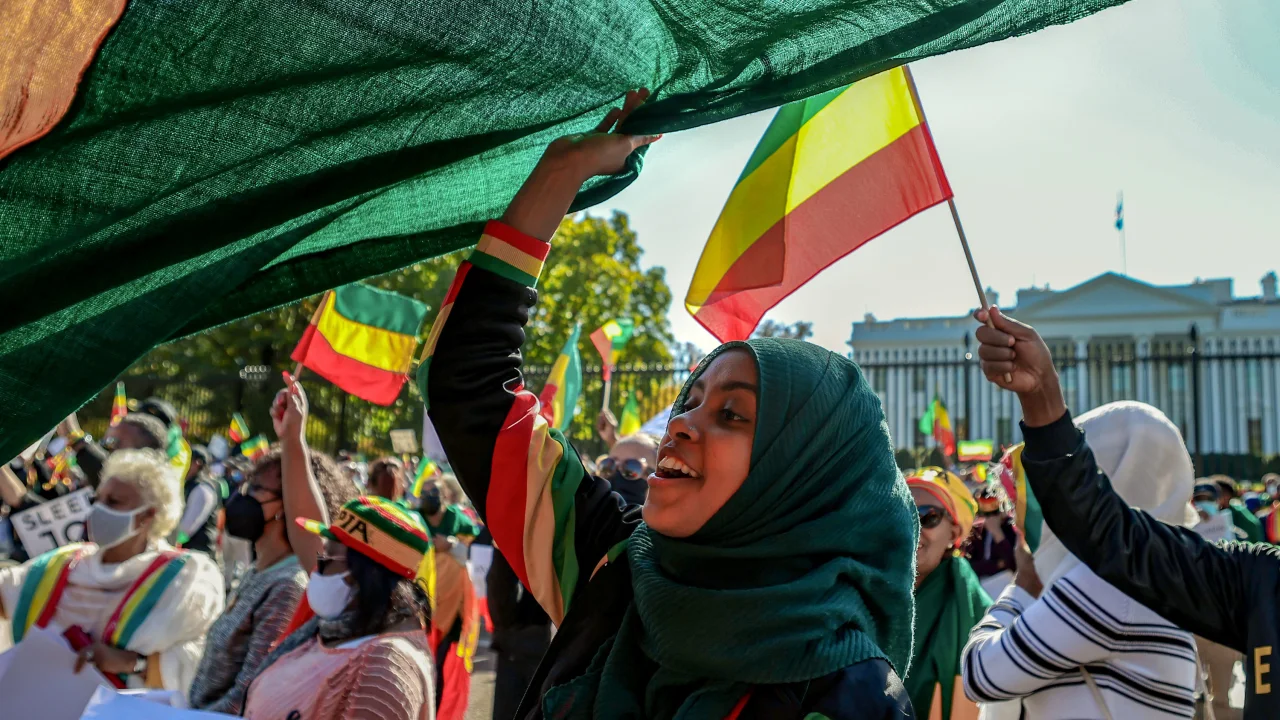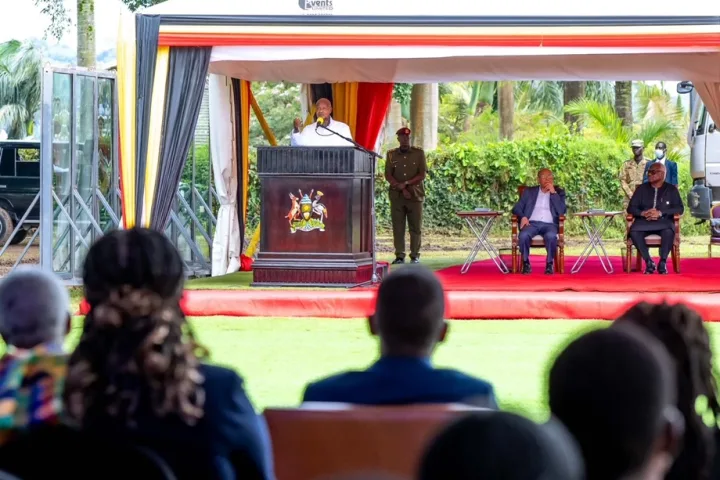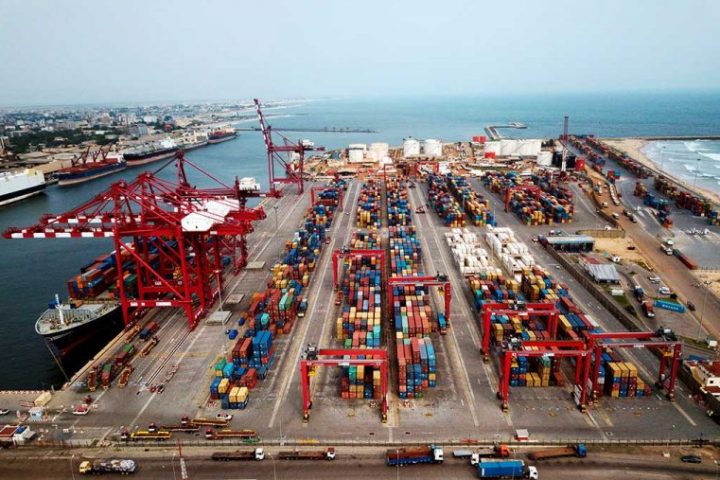In response to an alarming escalation of violence in the northern region of Amhara, Ethiopia Federal Government declared a “state of emergency” on Friday.
The decision came amid mounting clashes between the national army and local fighters in the region, and it was announced by the office of Prime Minister Abiy Ahmed.
Join our WhatsApp ChannelThe declaration of a state of emergency was deemed necessary by the government due to the growing difficulty in controlling the unacceptable movements under the existing laws.
The situation had reached a critical point, prompting the government to take urgent measures to restore peace and stability.
READ ALSO:Poland Unveils Santos As New National Team Head Coach
However, the statement issued by the Prime Minister’s office left some ambiguity regarding the scope of the state of emergency.
It did not explicitly mention whether it applied nationwide or was limited to the troubled region of Amhara, which lies to the north of the capital, Addis Ababa.
The escalating clashes in Amhara have triggered travel warnings from foreign governments, leading to concerns about the safety of travellers and citizens in the region.
As a consequence of the heightened tensions and security risks, Ethiopian Airlines, the national carrier, was compelled to cancel flights.
The root cause of the escalating violence can be traced back to April when the federal government announced plans to disband regional forces, including those in Amhara.
This move was met with resistance from nationalists in the region, who perceived it as a threat to the autonomy and strength of Ethiopia’s second most populous region.
The situation in Amhara is deeply concerning not only for Ethiopia but also for the stability of the wider Horn of Africa region. Amhara’s strategic location and historical significance make it a crucial area for Ethiopia’s national cohesion and regional peace.
The declaration of a state of emergency is a critical step for the Ethiopian government to bring the situation under control and prevent further escalation of violence. It provides the authorities with broader powers to address the security challenges effectively.
However, the government must ensure that these powers are exercised with utmost responsibility, avoiding any potential abuse of authority and safeguarding the rights and well-being of the affected population.
In these trying times, it is essential for all stakeholders, both within Ethiopia and the international community, to support efforts aimed at finding a peaceful and sustainable resolution to the crisis.
Diplomatic engagement, mediation, and humanitarian assistance may all play crucial roles in de-escalating tensions and fostering reconciliation.
As Ethiopia grapples with this complex situation, there is an urgent need for national unity and solidarity among its diverse communities. Only through inclusive dialogue and collaborative efforts can the country pave the way towards lasting peace and prosperity for all its citizens.

















Follow Us